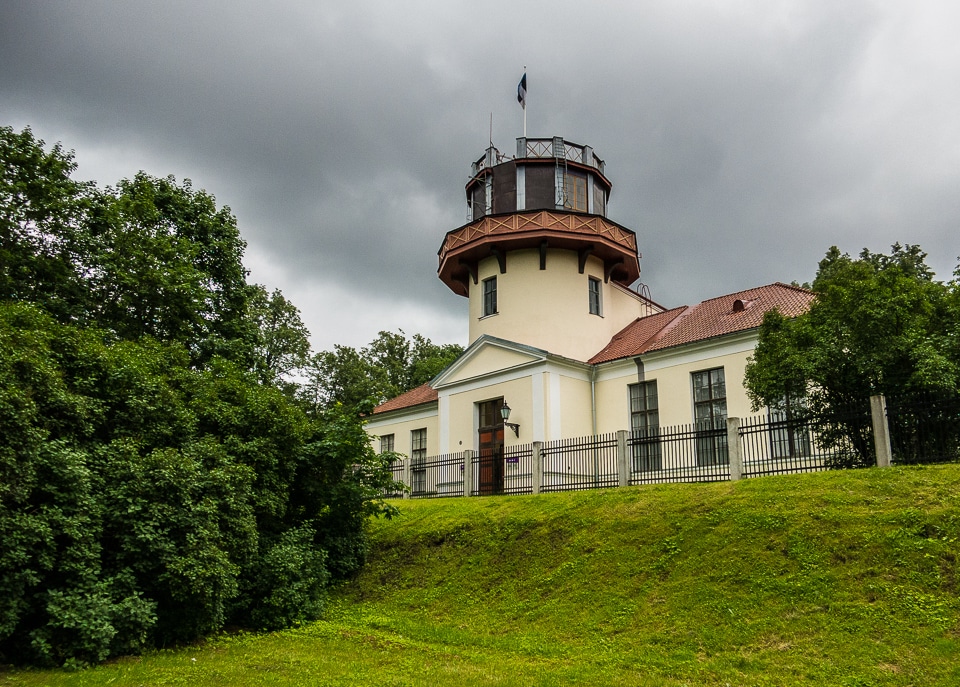
The Struve Geodetic Arc is a series of triangulations done by Tartu University astronomer and geographer Friedrich Georg Wilhelm Struve between 1816 and 1855. The measurement of the meridian, which used the observatory at Tartu University in Estonia as its base point, represented the first accurate measuring of a long segment of a meridian. This helped to establish the exact size and shape of the planet and marked an important step in the development of earth sciences and topographic mapping.
Struve was an astronomer at Tartu University and did important early astronomy work on the nature of binary stars. But his actual thesis work was on determining the exact coordinates of the Tartu Observatory. This, indirectly, led to his geodesic project.
You can certainly click the link above, and here for some more info on the Geodesic Arc, and it's status as a Unesco World Heritage Site.
I, with my limited knowledge of math and physics, find the work of people such as Struve, accomplished around 200 years ago, simply astonishing. We love visiting Unesco sites in general, but the scientific ones are maybe even more interesting to me than the artistic and historical ones.
For an interesting read on geodesic mapping, I also suggest a book about a similar project carried out in South America, before Struve's work was done. A similar project, with similar aims, to determine the size and shape of the earth, done by a French and Spanish team almost a hundred years before Struve. The book is called The Mapmaker's Wife: A True Tale of Love, Murder, and Survival in the Amazon and weaves the story of the mathematicians' quest with some stunning personal stories. I read it while we lived in Ecuador. I highly recommend it.
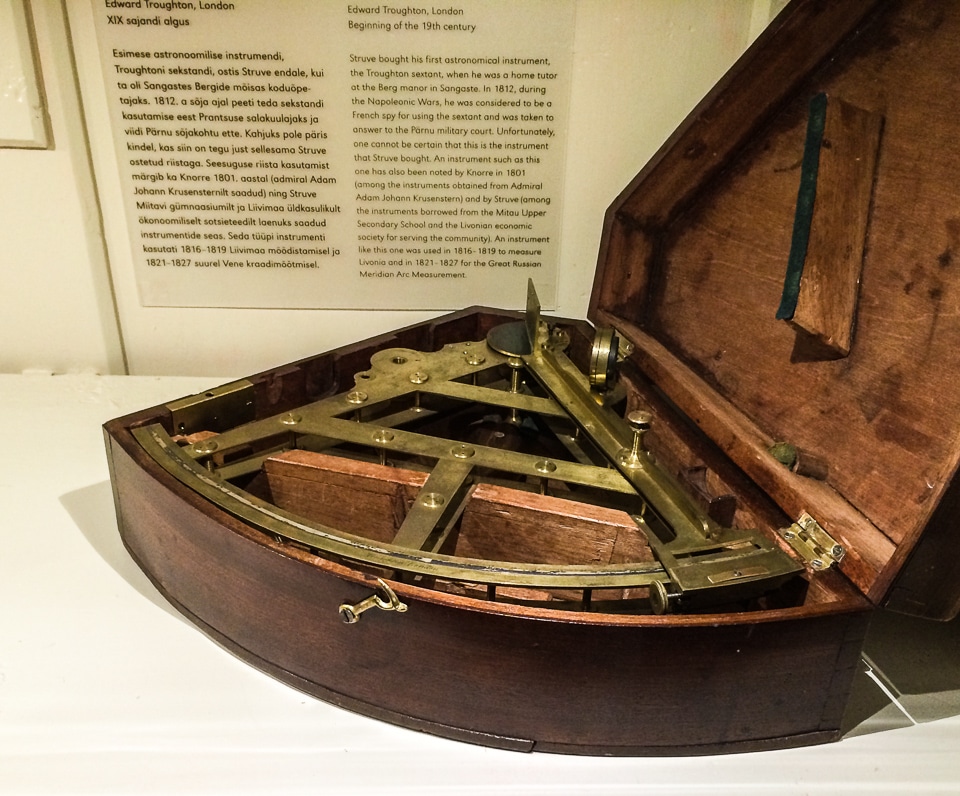
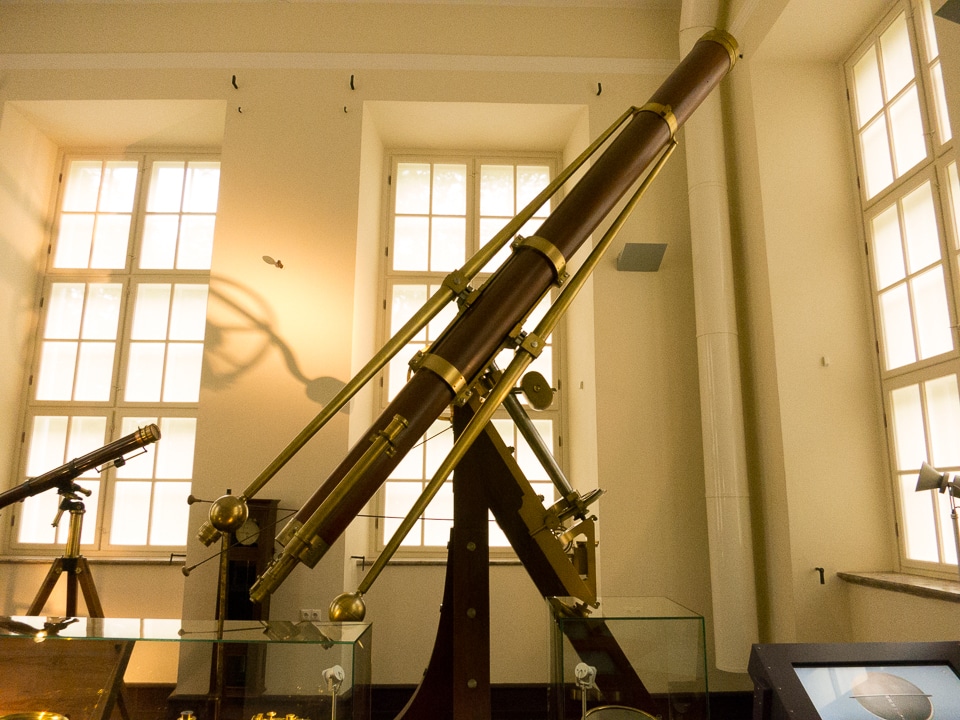
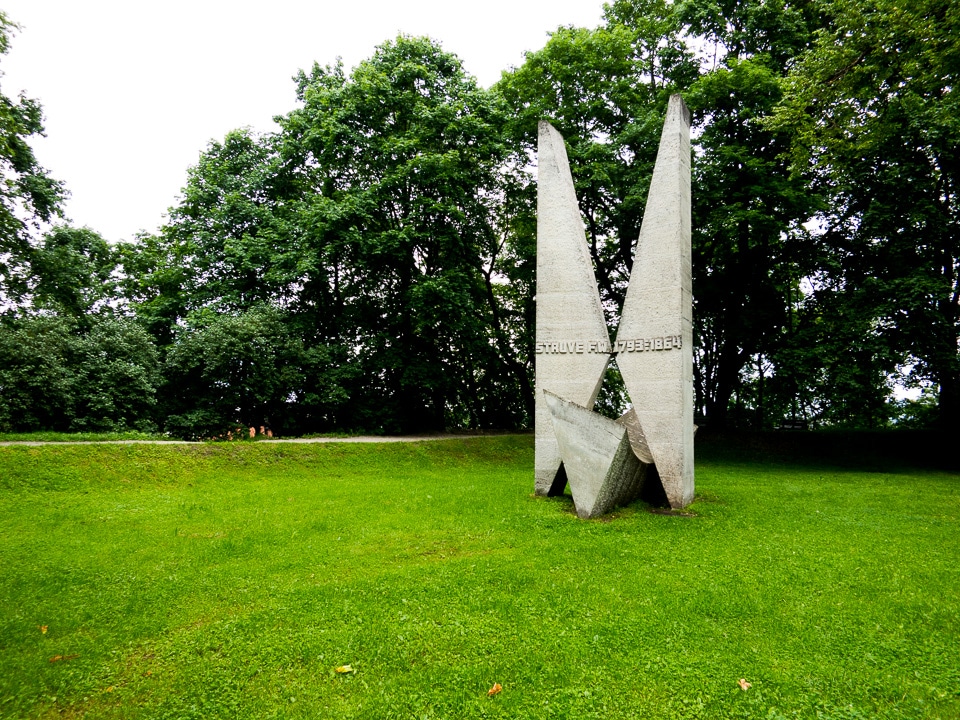
The Observatory and marker of the Struve Geodetic Arc are a UNESCO World Heritage site in Estonia.
Up Your Travel Skills
Looking to book your next trip? Use these resources that are tried and tested by us. First, to get our best travel tips, sign up for our email newsletter. Then, be sure to start your reading with our Resources Page where we highlight all the great travel companies and products that we trust. Travel Accessories: Check out our list of all the accessories we carry to make getting there and being there a lot easier. Credit Cards: See our detailed post on how to choose the right travel rewards credit card for you. Flights: Start finding the very best flight deals by subscribing to Thrifty Traveler. Book your Hotel: Find the best prices on hotels with Booking.com. See all of the gear and books we like in one place on our Amazon shop.Got a comment on this post? Join the conversation on Facebook, Instagram, or Threads and share your thoughts!

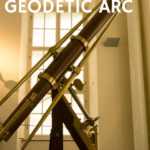

Comments are closed.